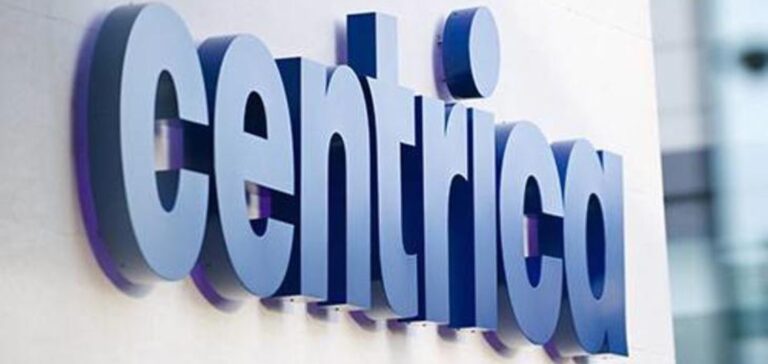Centrica, the UK’s largest energy supplier, is considering a voluntary profit cap. According to The Guardian, quoting the company’s managing director, Chris O’Shea, the aim is to reduce household bills.
Centrica wants to support households
In the United Kingdom, Centrica, owner of British Gas, would like to sign new renegotiated contracts with the government for its electricity production. By renegotiating contracts, the company’s CEO, Chris O’Shea, hopes to be the forerunner,
Thus, he states:
“We are ready to offer our North Sea and Irish Sea electricity and gas production in this mechanism to help reduce energy bills for consumers and we hope others will follow.”
In the UK, Lizz Truss is committed to capping the increase in consumers’ energy bills for two years. According to the British Prime Minister, this is a measure that would protect consumers and businesses. In response, the opposition parties say that Lizz Truss should impose a one-time tax on energy producers.
Explosion of profits
However, the U.K. Prime Minister rejects this idea, saying that she would renegotiate some contracts with energy producers instead. However, Lizz Truss does not give details of how this would work.
In response, Centrica’s CEO comments:
“We are obviously in this business to create value for all stakeholders, customers, countries and colleagues. But it’s not about maximizing this year’s profits; it’s about having a long-term sustainable business.”
Centrica reports increased profits in the first half of the year in the UK. Asset sales and soaring energy prices are helping the company increase its profits.
As a result, adjusted operating income for the first six months of 2022 exceeds $1.55 billion, compared to $262 million last year.






















